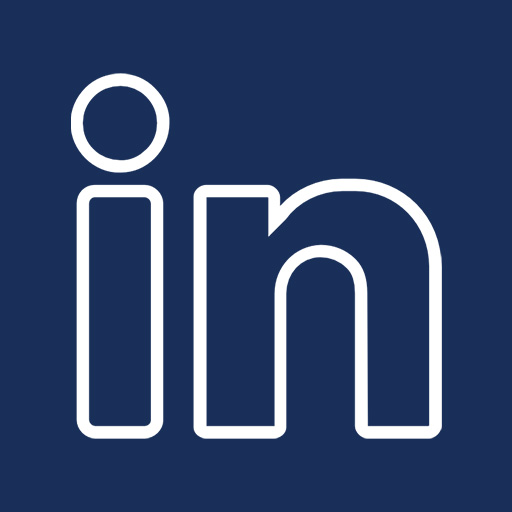Program Overview
The Department of Chemistry, established in 1962, comprises two associate professors and three assistant professors, one instructor and three helpers. Recognized as a research center by both the University of Mysore (UOM) and Visvesvaraya Technological University (VTU) Belagavi, the department conducts Ph.D. programs and engages in continuous research, as evidenced by publications in peer-reviewed journals and presentations at international conferences. The department produces knowledgeable graduates by adopting innovative teaching methodologies in chemistry that are well-suited to industry needs.
Total Intake
180
Program Type
Basic Science
Duration
4 Years
Vision
Department excels through A Foundation in pursuit of excellence to impart best teaching-learning solutions in Engineering Chemistry and to develop competent professionals
Mission
The Department of Chemistry is committed to
- To produce competent and committed engineers in the light of outcome based education.
- To motivate and encourage students to gain scientific knowledge and creativity in Engineering Chemistry.
- To provide strong theoretical foundation complemented with extensive practical training
Graduates of the program will be able to
- Apply technical competence in the field of Engineering with a strong back ground in basic science and mathematics.
- Analyse and interpret data to design or evaluate engineering systems to satisfy social needs with the use of modern tools including higher education
Program Outcomes (POs)
- Engineering knowledge: Apply the knowledge of mathematics, science, engineering fundamentals, and an engineering specialization to the solution of complex engineering problems.
- Problem analysis:Identify, formulate, review research literature, and analyze complex engineering problems reaching substantiated conclusions using first principles of mathematics, natural sciences, and engineering sciences.
- Design/development of solutions: Design solutions for complex engineering problems and design system components or processes that meet the specified needs with appropriate consideration for the public health and safety, and the cultural, societal, and environmental considerations.
- Conduct investigations of complex problems: Use research-based knowledge and research methods including design of experiments, analysis and interpretation of data, and synthesis of the information to provide valid conclusions.
- Modern tool usage: Create, select, and apply appropriate techniques, resources, and modern engineering and IT tools including prediction and modeling to complex engineering activities with an understanding of the limitations.
- The engineer and society: Apply reasoning informed by the contextual knowledge to assess societal, health, safety, legal and cultural issues and the consequent responsibilities relevant to the professional engineering practice.
- Environment and sustainability: Understand the impact of the professional engineering solutions in societal and environmental contexts, and demonstrate the knowledge of, and need for sustainable development.
- Ethics: Apply ethical principles and commit to professional ethics and responsibilities and norms of the engineering practice.
- Individual and team work: Function effectively as an individual, and as a member or leader in diverse teams, and in multidisciplinary settings.
- Communication: Communicate effectively on complex engineering activities with the engineering community and with society at large, such as, being able to comprehend and write effective reports and design documentation, make effective presentations, and give and receive clear instructions.
- Project management and finance: Demonstrate knowledge and understanding of the engineering and management principles and apply these to one's own work, as a member and leader in a team, to manage projects and in multidisciplinary environments.
- Life-long learning: Recognize the need for, and have the preparation and ability to engage in independent and life-long learning in the broadest context of technological change.
| Name of Technical Staff | Designation | Work Experience (Yrs.) |
|---|---|---|
| Mr. K S Jayarama | Helper | 28 yrs |
| Smt. Padma | Helper | 8 yrs |
| Mr. K S Sridhara | Helper | 6 yrs |
| Manasa S | Instructor | 3 yrs |
| Name of the Research Guide | Phone Number | Email-Id |
|---|---|---|
| Dr. H. Ramachandra | 9448951446 | ram63chandrah@gmail.com |
| Dr. P.A. Prashanth | 9663313591 | prsnthmysore@gmail.com |
| Dr. Chandrashekar | 9742167662 | chandrashekar_pes@rediffmail.com |
| Name | International / National Journal | International / National Conference | Total |
|---|---|---|---|
| Dr. H. Ramachandra | 22 | 26 | 48 |
| Dr. P.A. Prashanth | 34 | 03 | 37 |
| Dr. Chandrashekar | 11 | 17 | 28 |
| Dr. M. Harsha | 9 | 9 | 18 |
| Dr. Charankumar | 16 | 17 | 33 |
| Application Number | Application Date | Title | Faculty |
|---|---|---|---|
| 202041047141 | 20/11/2020 | Brain Tumor Detection in PET scan Images using Extended u-Net Framework with VGG-16 Encoder | Prashanth P A |











